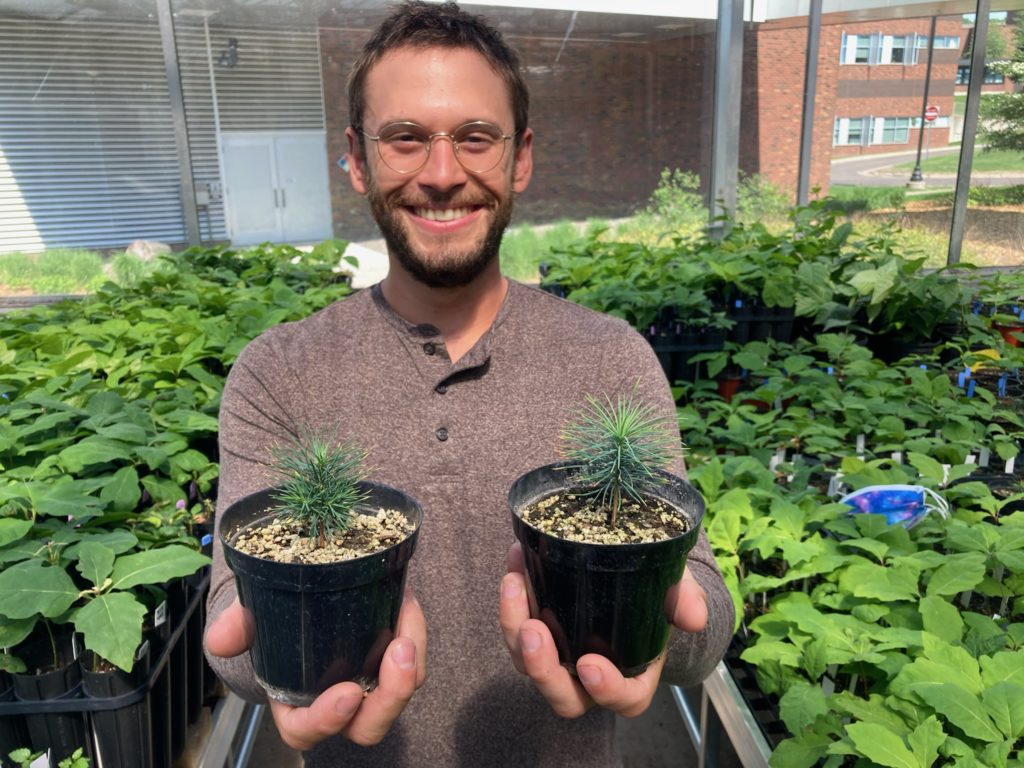
My name is Joel Bransky. I’m an AmeriCorps VISTA member working in agriculture and food systems at the University of Minnesota’s Northeast Regional Sustainable Development Partnership (NERSDP).
I was born and raised in Duluth, but my path to AmeriCorps service began in South Korea. From 2017 to 2019 I taught English at a middle school on South Korea’s beautiful east coast. I loved engaging my students and learning to work in a new culture, and I considered living as a perpetual traveler, teaching my way around the world. But events in the United States brought my attention back home. I watched from afar, feeling helpless, as unrest shook the country. Nuclear tension with North Korea brought the turmoil right to my doorstep. I saw that distance and novelty wouldn’t shield me from any problems — if I wanted change, I would have to start at home.
As a VISTA, I don’t cure cancer or draft arms-reduction treaties. I contribute in small ways that, I hope, tangibly improve the lives of Minnesotans. One good example is my work with the Forest Assisted Migration Project (FAMP). Many Minnesotans aren’t aware of this, but researchers predict that within 100 years Minnesota’s distinctive boreal forest will disappear due to extreme weather and new diseases, and be replaced by the kind of dry prairie you find in southern Minnesota. It’s an ugly prospect: a bleak landscape, no bear, moose, or wolves, far less timber to harvest, reduced tourism. FAMP is busy making sure this doesn’t happen. Seed geneticists at UMD have identified tree species that should survive a changing climate, and this fall our project collected around 200,000 seeds from trees in southern Minnesota that are naturally adapted to warmer weather. This spring a network of local farmers began growing those seeds into tree seedlings, and next spring they will sell those seedlings to community partners, like The Nature Conservancy, who will plant them throughout northeastern Minnesota. The project’s goals work together: while we preserve our forest canopy, the money spent on reforestation will go straight to local farmers.
I am one small piece in this ambitious project, but I’m motivated to do my part. When I’m old I want to be able to take a walk in the woods! And that is the most satisfying part of being a VISTA in my hometown. I have the opportunity to help build Duluth as a community where I — where people from all walks of life — want to live.